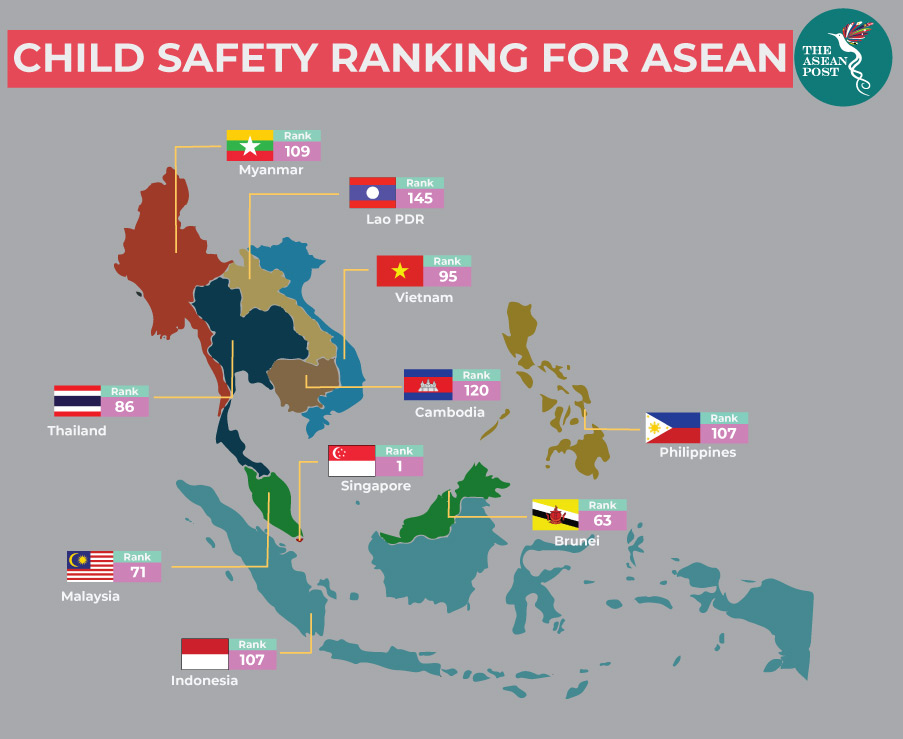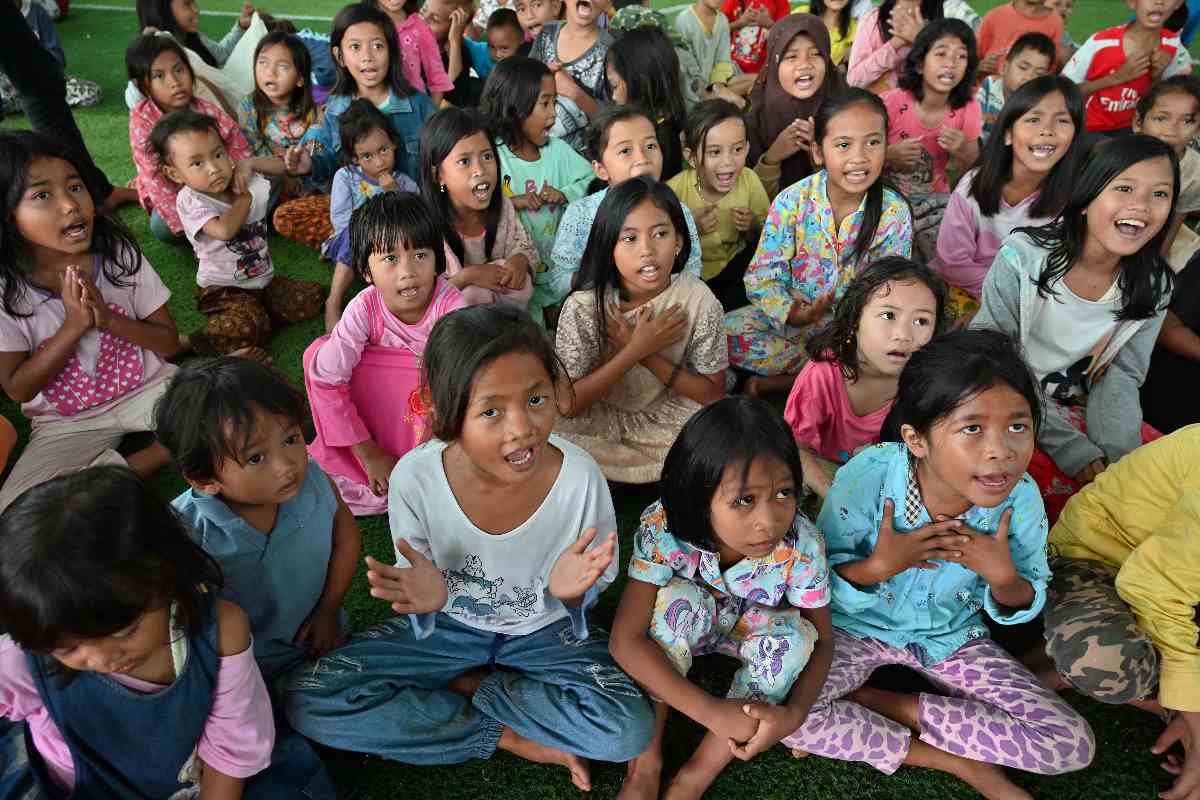Earlier this month, the Indonesian National Police revealed that there were 236 cases of child sexual assault that occurred from January to May this year. Despite this, only 50 percent of cases were handled by law enforcement.
Police Chief of General Information, Commissioner Asep Adi Saputra explained that among the causes for this phenomenon is the public's reluctance to discuss crimes of a sexual nature.
"We know that most people are reluctant to report child sexual abuse because of our strong Eastern customs," he said.
The National Commission for Child Protection (KPAI) has been reported by the media as saying that, from January to May 2019, the commission had received 1,192 reports of violence, including physical, psychological or sexual abuse towards children.
“There are still many unreported cases, for example, the figure of child marriage is not included. That’s also a form of abuse against children. Or other things, such as parents physically abusing their children, only when there’s a death or the child is severely injured then it will be reported,” KPAI deputy chairman Rita Pranawati told local media.
Earlier in 2017, the KPAI estimated that 100,000 children and women are trafficked each year in Indonesia, that 30 percent of sex workers are below the age of 18, and 40,000 to 70,000 Indonesian children who are not accounted in the 100,000 that are trafficked are victims of sexual exploitation.
Save the Children’s Global Childhood Report 2019 did not place Indonesia in the best of spots either. Based on a ranking of 176 countries, Indonesia was jointly placed 107th with fellow ASEAN member, the Philippines. Even in ASEAN, Indonesia only fares better than Myanmar, Lao, and Cambodia.

Chemical castration
In 2016, Indonesia's parliament passed laws authorising chemical castration, minimum sentences and execution for convicted paedophiles. President Joko “Jokowi” Widodo proposed the changes in May following the gang rape and murder of a 14-year-old girl.
The laws were subject to fierce debate in parliament, with two opposition parties voting against castration. Human rights groups have objected to the punishments, arguing that violence will not be stopped by violence.
“The sexual abuse of children is indescribably horrific. But subjecting offenders to chemical castration or executions is not justice, it is adding one cruelty to another,” said Papang Hidayat, Amnesty International’s Researcher on Indonesia.
Chemical castration is castration via anaphrodisiac drugs, whether to reduce libido and sexual activity, to treat cancer, or otherwise.
During the same period, Jokowi was quoted by local media as saying that chemical castration could reduce sex crimes and "wipe out" paedophilia in Indonesia.
"Our constitution respects human rights, but when it comes to sexual crimes there is no compromise. We are strong and we have to be very firm. We will hand out the maximum penalty for sexual crimes. This will not be compromised," he was quoted as saying.
Looking at other measures
According to current statistics, chemical castration has not “wiped out” paedophilia in the country. But there are perhaps other measures that the Indonesian government must also look at if it is serious at attaining this goal.
Firstly, Asep’s assertion that many cases go unreported highlights the need to increase public awareness regarding sexual abuse among children. The topic of sexual assault should not be treated like a taboo and must be discussed freely and openly so that, as Indonesians become more comfortable reporting such cases, the higher number of reports will also deter would-be violators from committing these heinous acts.
Aside from this, the United States (US) Department of State’s 2019 Trafficking in Persons Report notes that Indonesia’s 2007 anti-trafficking law was inconsistent with international law due to the fact that it requires a demonstration of force, fraud, or coercion to constitute a child sex trafficking crime. Therefore, it said, it did not criminalise all forms of child sex trafficking.
The US Department of State suggested that the Indonesian government should create legal clarity by amending the 2007 law to remove the required demonstration of force, fraud, or coercion to constitute child sex trafficking.
It is clear that Indonesia is facing a serious problem. The fact that a large portion of its population is young only serves to highlight the importance of addressing this issue now. Indonesia must not neglect such an advantageous asset by failing to provide a safe environment for its children.
Related articles:
